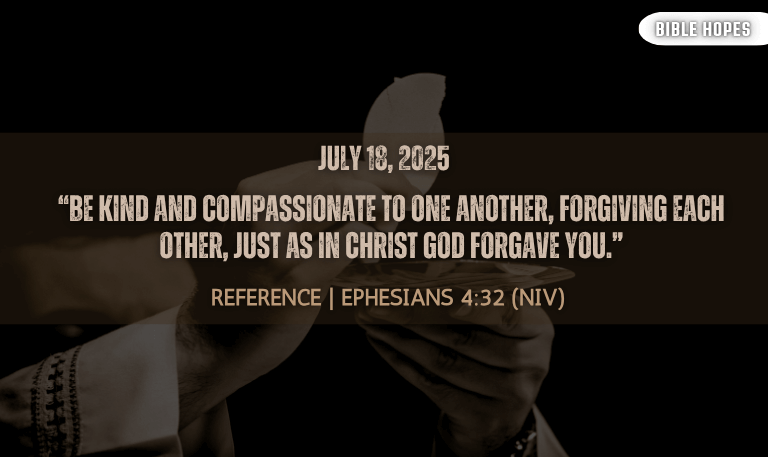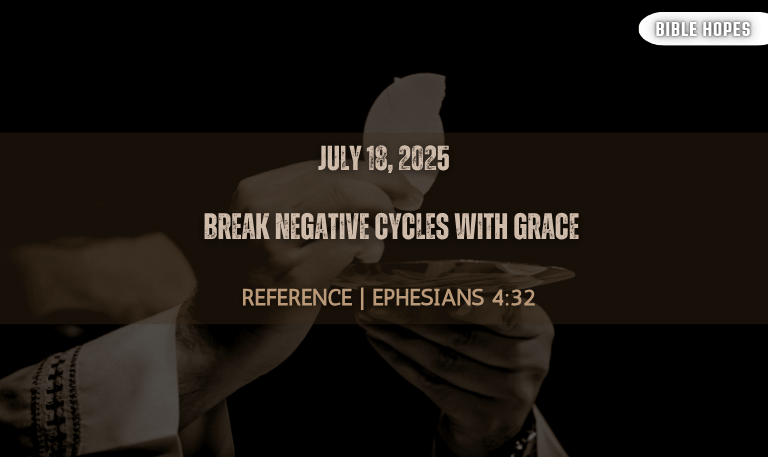The idea of karma—the spiritual principle that every action has a corresponding reaction—is deeply embedded in many Eastern philosophies and religions like Hinduism and Buddhism. But what about Christianity? Is karma mentioned in the Bible? How do biblical teachings align or differ from this concept?
This article dives deep into Bible verses about karma, examining the similarities and contrasts between karma and biblical principles like sowing and reaping, divine justice, forgiveness, and grace. By exploring scripture in context, you’ll gain a clearer understanding of how the Bible addresses cause and effect in human behavior and spiritual life.
What Is Karma? A Brief Overview
Karma, originating from the Sanskrit word meaning “action” or “deed,” refers to the spiritual law of cause and effect: every action produces consequences that return to the doer, either in this life or in future lives. This concept often implies a cycle of rebirth and moral justice across lifetimes.
In contrast, Christianity does not teach reincarnation but instead focuses on a single life followed by divine judgment. Still, the idea of “reaping what you sow” resonates strongly with karma’s core principle.
Does the Bible Mention Karma?
While the word “karma” does not appear in the Bible, the Scriptures do discuss cause and effect, justice, and consequences for actions—concepts that overlap with karma’s spirit. The Bible emphasizes that people will face consequences for their deeds—good or bad—but frames these outcomes within God’s sovereignty, justice, mercy, and grace.
Read Also: Bible Verses About The Sun
The Biblical Principle of “You Reap What You Sow”
One of the most direct biblical parallels to karma is the principle of sowing and reaping, which teaches that actions have consequences:
Galatians 6:7-8 (NIV):
“Do not be deceived: God cannot be mocked. A man reaps what he sows. Whoever sows to please their flesh, from the flesh will reap destruction; whoever sows to please the Spirit, from the Spirit will reap eternal life.”

Proverbs 11:18 (NIV):
“A wicked person earns deceptive wages, but the one who sows righteousness reaps a sure reward.”2 Corinthians 9:6 (NIV):
“Whoever sows sparingly will also reap sparingly, and whoever sows generously will also reap generously.”
This law of sowing and reaping emphasizes moral responsibility and the eventual consequences of choices, much like karma, but rooted in a personal God’s justice rather than an impersonal cosmic force.
Key Bible Verses That Reflect Karma-Like Teachings
Here are several verses that echo the karma-like message of cause and effect:
Matthew 7:12 (NIV):
“So in everything, do to others what you would have them do to you…” — often called the Golden Rule, this teaches reciprocal behavior.Romans 12:19 (NIV):
“Do not take revenge, my dear friends, but leave room for God’s wrath, for it is written: ‘It is mine to avenge; I will repay,’ says the Lord.” — shows God’s role in justice.Luke 6:38 (NIV):
“Give, and it will be given to you. A good measure, pressed down, shaken together and running over…”Psalm 37:1-2 (NIV):
“Do not fret because of those who are evil or be envious of those who do wrong; for like the grass they will soon wither…”
These passages convey that positive or negative actions have consequences, though the Bible emphasizes God’s sovereignty in meting out justice, contrasting with karma’s automatic moral accounting.
Divine Justice vs. Karma: Understanding the Difference
Divine Justice
Governed by a personal, omniscient God
Balances justice with mercy and forgiveness
Includes judgment after death and eternal consequences
Karma
An impersonal natural law of cause and effect
Often tied to reincarnation and multiple lifetimes
Does not necessarily involve mercy or grace
The Bible teaches that while we do experience consequences, God also offers forgiveness and grace that can break the cycle of negative consequences.
Forgiveness and Grace: Breaking the Cycle
Unlike karma, which is often unforgiving and mechanistic, the Bible highlights the power of forgiveness and grace:

Ephesians 4:32 (NIV):
“Be kind and compassionate to one another, forgiving each other, just as in Christ God forgave you.”Luke 6:37 (NIV):
“Forgive, and you will be forgiven.”2 Corinthians 12:9 (NIV):
“My grace is sufficient for you…”
These verses show that the Christian life allows for mercy and forgiveness, which can reset the spiritual balance, differing fundamentally from the unyielding cycle karma implies.
Free Will, Responsibility, and Moral Accountability
The Bible emphasizes human free will and personal responsibility:
Joshua 24:15 (NIV):
“But if serving the Lord seems undesirable to you… choose for yourselves this day whom you will serve.”Deuteronomy 30:19 (NIV):
“I have set before you life and death, blessings and curses. Now choose life…”
Karma often is viewed as a deterministic cycle; the Bible empowers believers to choose repentance and transformation through God’s guidance.
Biblical Stories Illustrating Karma-Like Lessons
The Parable of the Talents (Matthew 25:14-30): Faithful servants who wisely use their talents are rewarded; the one who buries his talent faces consequences.
The Story of Cain and Abel (Genesis 4): Cain’s sin leads to consequences reflecting cause and effect.
The Story of Job: Despite suffering undeservedly, Job learns about divine justice and trust in God.
These narratives reinforce moral cause and effect under God’s justice rather than karmic fate.
Applying Biblical Teachings Related to Karma in Daily Life
Practice Kindness and Compassion: Follow the Golden Rule (Matthew 7:12).
Sow Righteousness: Make choices that align with God’s will.
Trust God’s Justice: Avoid revenge; leave judgment to God (Romans 12:19).

Forgive Others: Break negative cycles with grace (Ephesians 4:32).
Live by Faith: Believe that God’s grace offers renewal beyond consequences.
Bible Verses About Karma FAQs
Q: What Does the Bible Say About Karma?
A: The Bible does not mention karma explicitly but teaches a similar principle through sowing and reaping (Galatians 6:7). Consequences come from actions, but God’s grace can override negative outcomes.
Q: Is “You Reap What You Sow” the Same as Karma?
A: It’s similar in principle but different in context. The Bible’s version involves a personal God who offers mercy and forgiveness.
Q: Can Karma and Christianity Coexist?
A: Theologically, karma and Christianity have conflicting views, especially regarding reincarnation and grace. However, some find value in reflecting on moral cause and effect.
Q: Does the Bible Teach About Past Lives or Reincarnation?
A: No. The Bible teaches one life followed by judgment (Hebrews 9:27).
Q: How Can I Avoid Negative Karma According to the Bible?
A: Live righteously, seek forgiveness, and trust in God’s guidance and grace.
Q: What Bible Verses Encourage Positive Actions?
A: Matthew 7:12, Galatians 6:9-10, Proverbs 3:27.
Q: How Does Forgiveness Affect Karma in Christianity?
A: Forgiveness breaks the cycle of retaliation and consequences, showing grace instead of automatic punishment.
Q: Is Karma Mentioned in the Old or New Testament?
A: No direct mention, but concepts like sowing and reaping appear throughout both Testaments.
Q: How Does the Bible View Justice and Retribution?
A: Justice is God’s domain, balanced with mercy (Romans 12:19).
Q: Can Prayer Change One’s Karma?
A: In Christianity, prayer invites God’s intervention and grace, which can alter spiritual consequences.
Conclusion
While karma as a concept does not exist explicitly in the Bible, many biblical teachings resonate with the principle that our actions carry consequences. The Bible expands this by framing consequences within God’s justice, mercy, and grace, offering forgiveness and hope beyond mere cause and effect. By understanding these distinctions, Christians can appreciate the biblical call to live righteously, forgive generously, and trust in God’s sovereign justice.

![15 Bible Verses About Wicked Government [2025 Explained] 12 15-Bible-Verses-About-Wicked-Government-[2025-Explained]](https://biblehopes.com/wp-content/uploads/2025/05/15-Bible-Verses-About-Wicked-Government-2025-Explained.png)

